“This part of my life is happiness,” said Divya Rai, reflecting on her experiences at the Daniel K. Inouye Asia-Pacific Center for Security Studies (DKI APCSS) in Honolulu. Rai was among 123 Fellows from 40 countries who completed the Comprehensive Security Cooperation (CSC24-2) course on June 18.
Rai, who hails from India, emphasized the uniqueness of the opportunity. “How often do you get to meet people from such diverse countries and fields? The fellows here are the best of the best,” she said.
Her main takeaways from the course were the importance of cooperation and leadership. “Leadership is vital for setting vision, providing direction, and inspiring others to work toward a common goal,” Rai said. “Effective cooperation fosters collaboration, information sharing, and a unified approach to addressing security threats. As Director Gumataotao said, the combination of cooperation and leadership is powerful, especially in the security domain where threats are multifaceted and require a coordinated global response.”
Dr. Ethan Allen, who co-managed the course with Dr. Alexander Vuving, praised the program’s focus on interactive learning. “The course has been extraordinary,” he said. “We emphasized interactive engagement more than ever before, with exercises designed to enhance negotiation skills.”
The CSC course leverages the diverse perspectives, skills, and experiences of its multinational Fellows, particularly in small-group seminars. These sessions, along with a range of exercises, games, quizzes, and electives, provide interactive educational opportunities and experiential learning. The course content covers both traditional and non-traditional security issues and cooperative mechanisms to address complex security matters. Learning goals include acquiring knowledge on strategic competition and security cooperation, applying critical thinking, analyzing the nexus among ideas, people, agencies, and fields, challenging assumptions through diverse perspectives, promoting lifelong learning, and aligning with values of mutual respect, transparency, and collaboration.
During the course, Fellows participated in one of three concentration tracks: Crisis Management, Irregular Warfare & Counter Terrorism (IWCT), and Resilience in the Information Environment.
Fellows also benefited from insights shared by senior guest speakers, including Defense Security Cooperation Agency Director James Hursch, U.S. Pacific Fleet Commander Admiral Stephen Koehler, Indo-Pacific Command Deputy Commander Lt. Gen. Stephen Skelenka, Rep. Jill Tokuda (D-HI), and Dr. Kevin Rudd, Australian Ambassador to the United States and former prime minister.
In his closing remarks, DKI APCSS Director Pete Gumataotao highlighted the significance of teamwork. “This course is about you as leaders coming together as a team,” he said. “I believe the best is yet to come. Whatever you do, make it impactful and always do it together.”
The next CSC course is scheduled for February 2025.


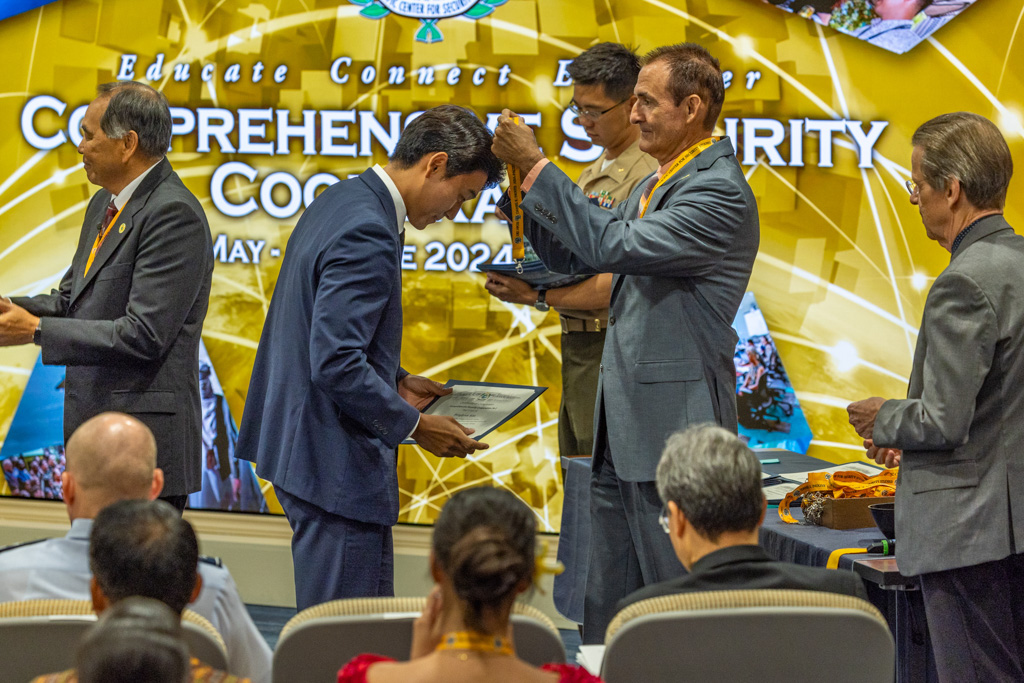
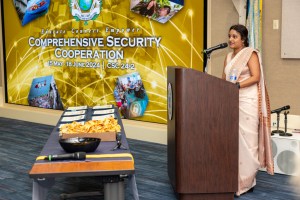
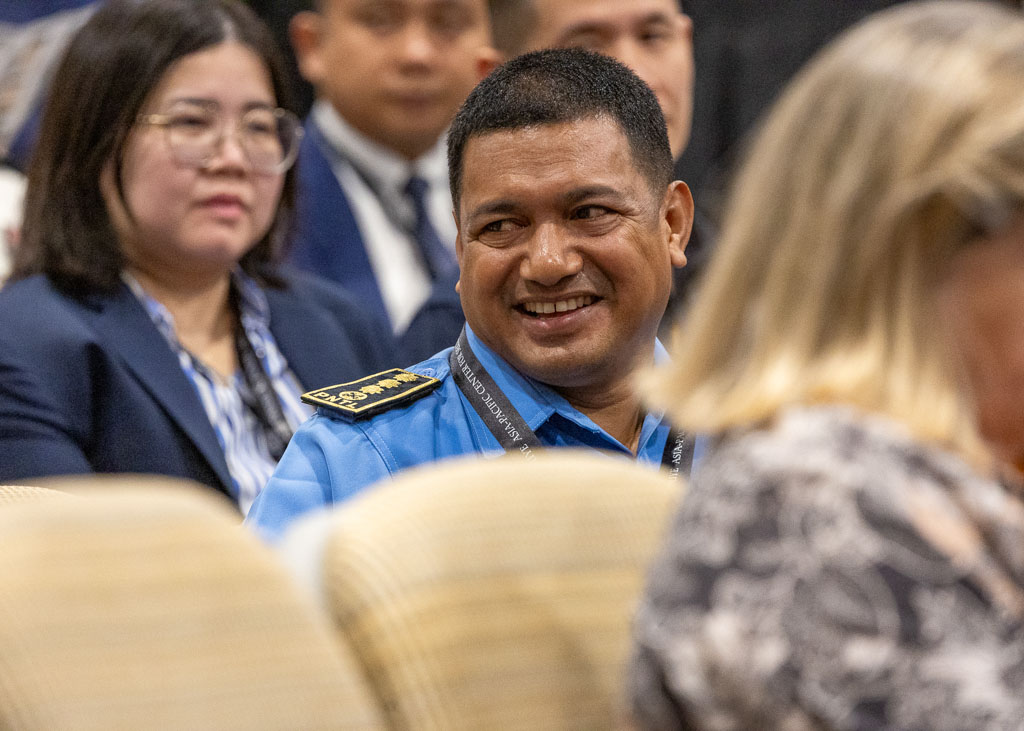
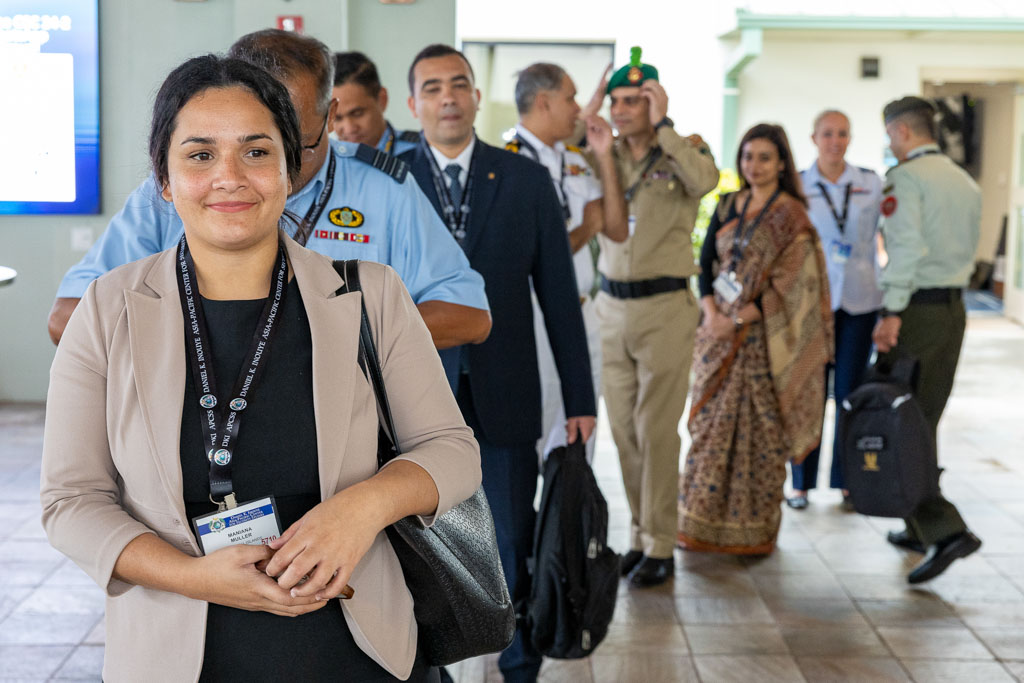
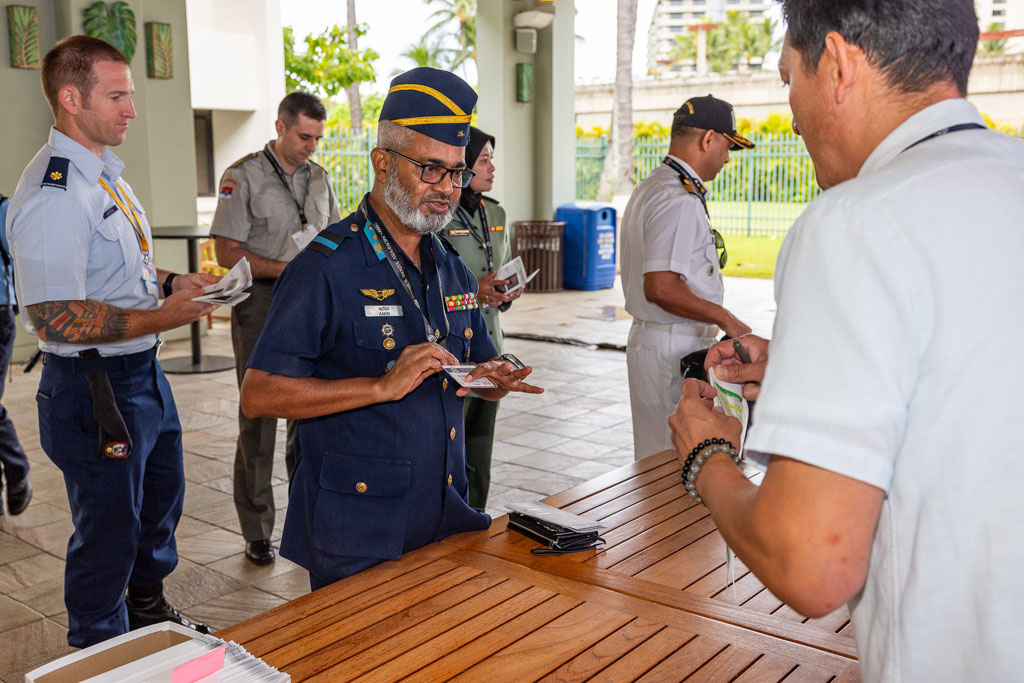
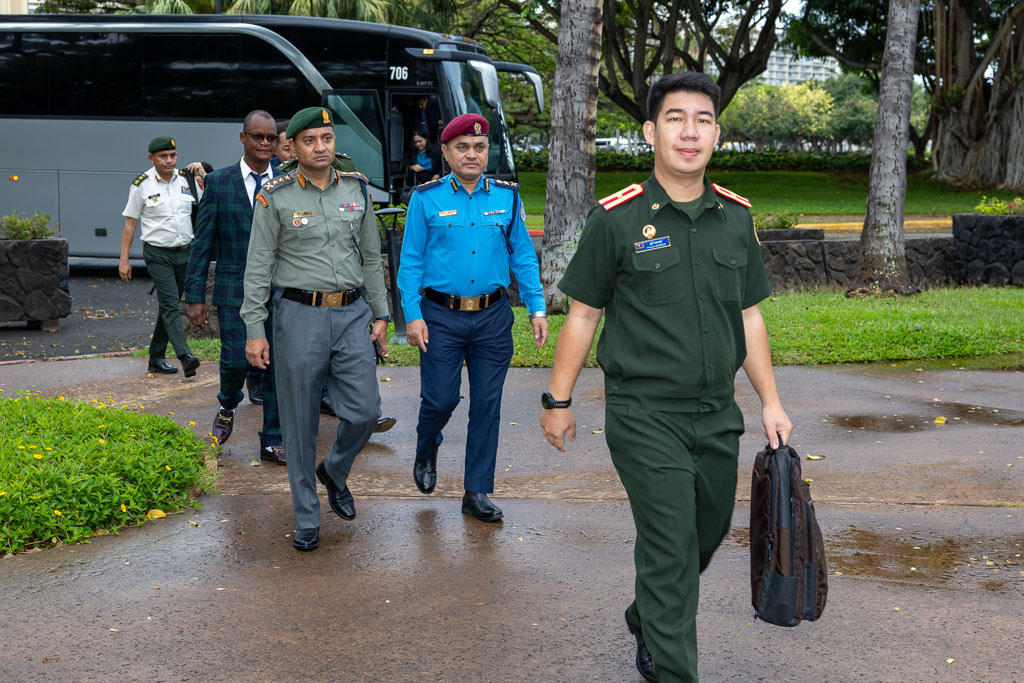
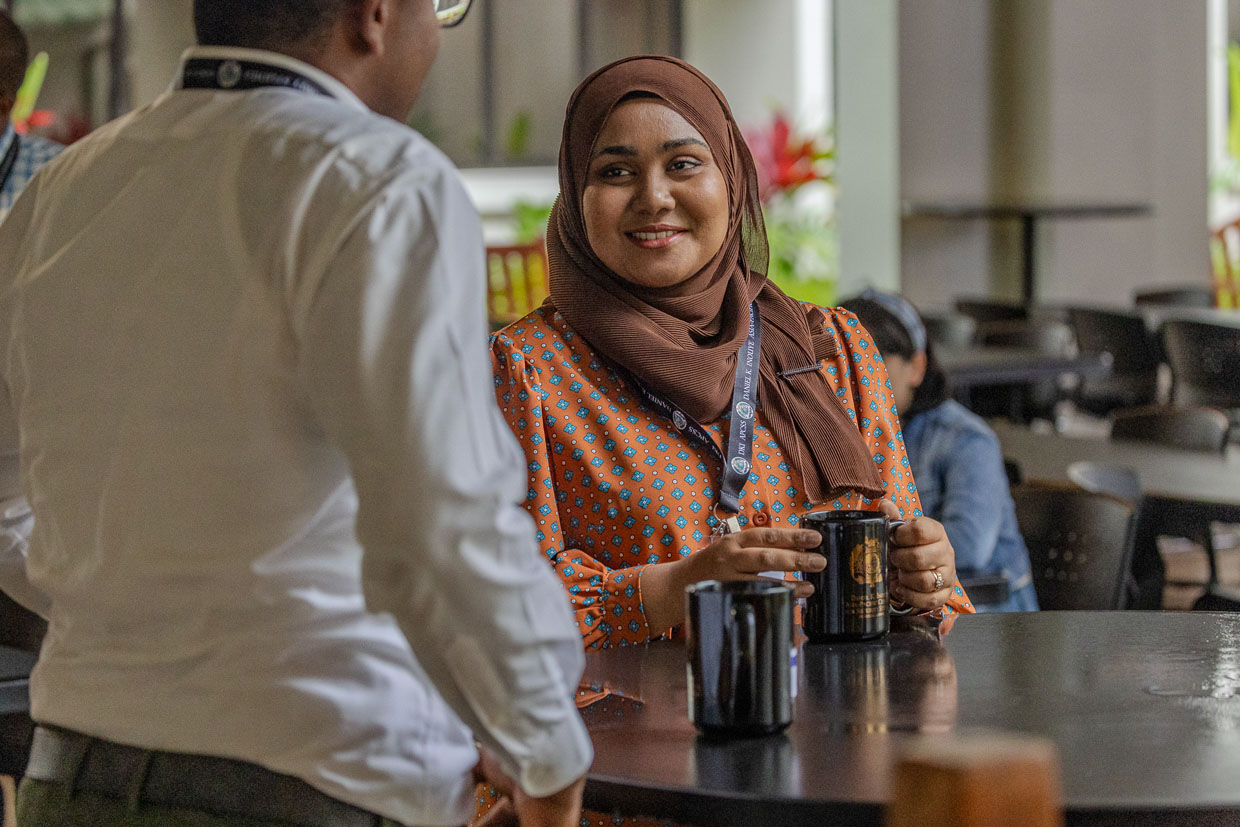
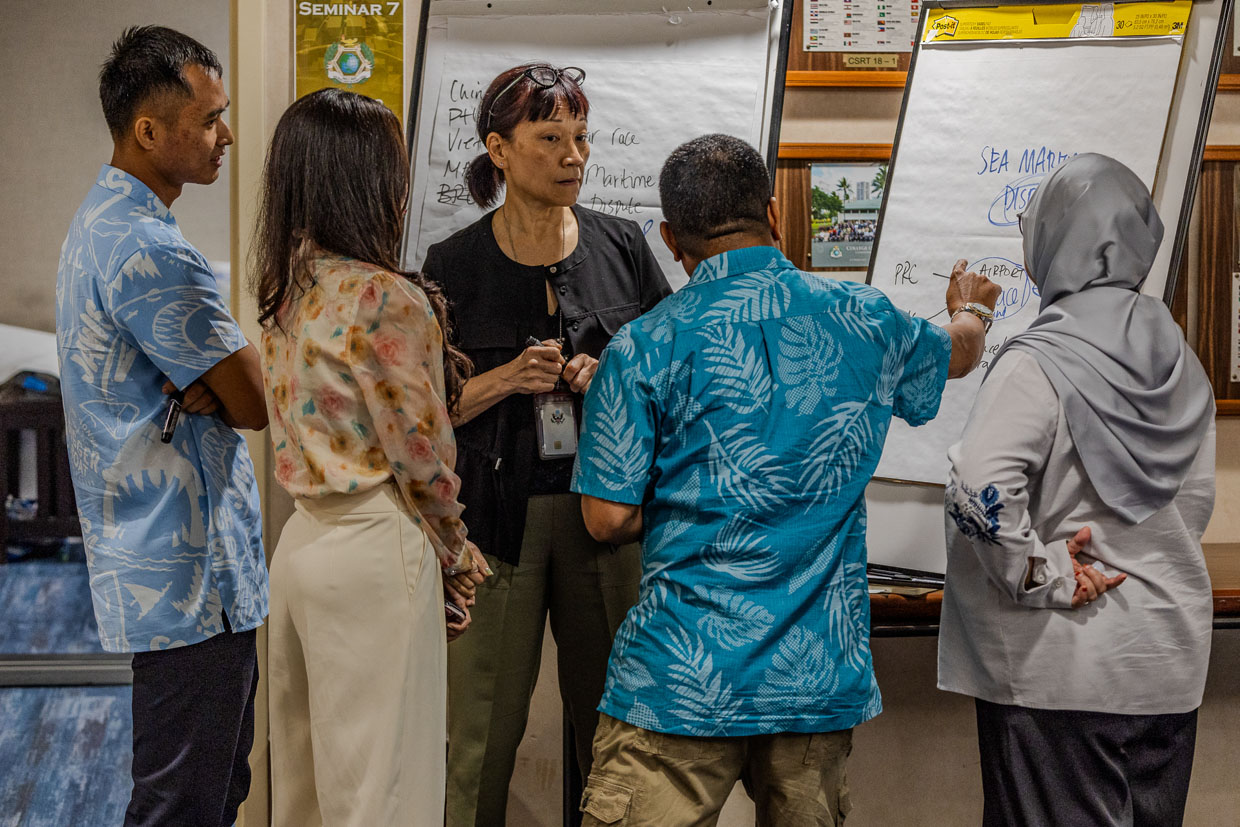
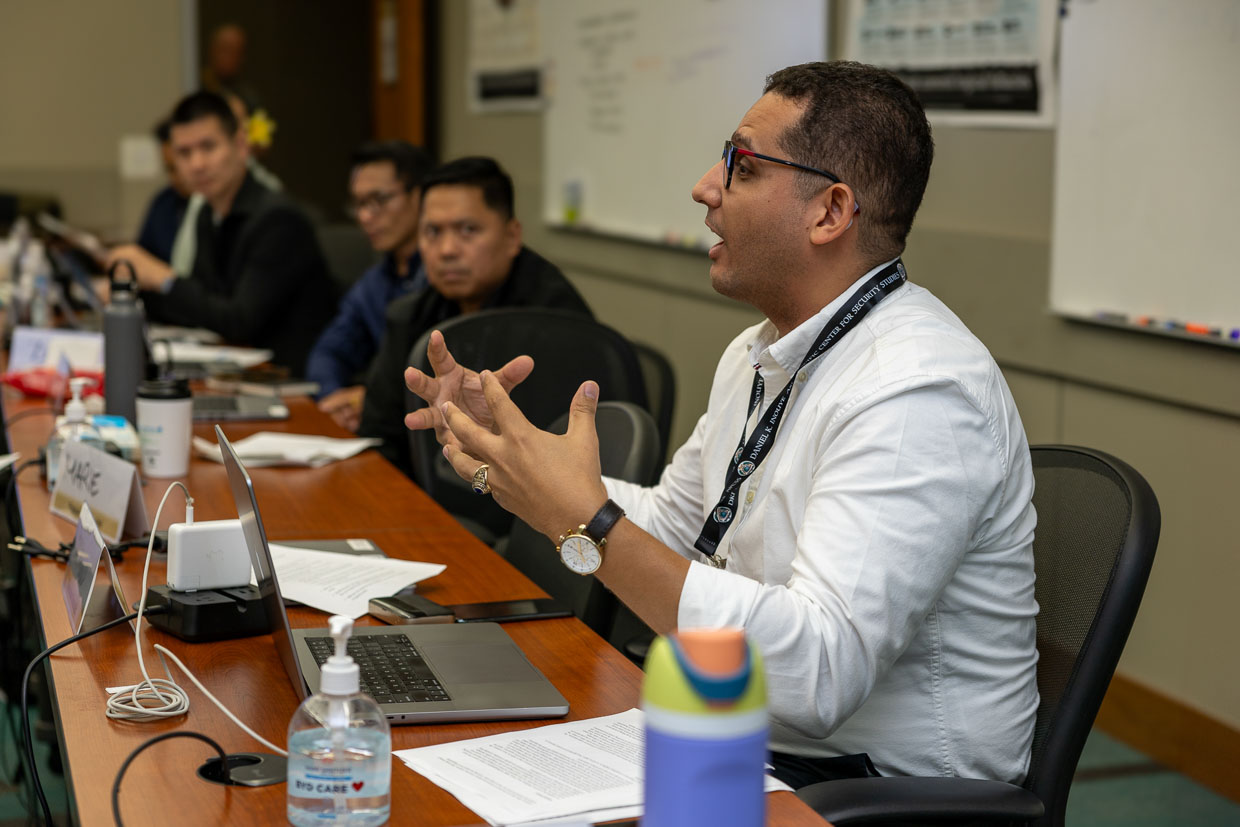
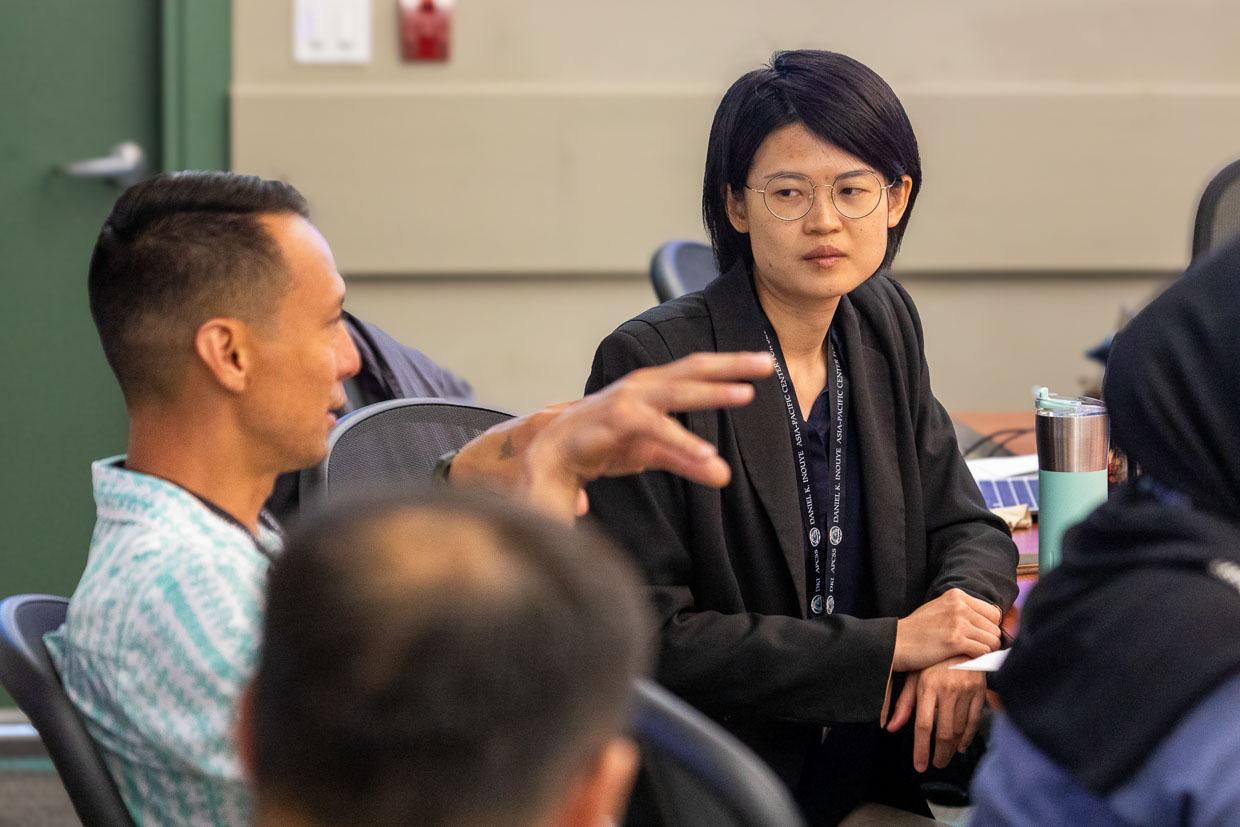
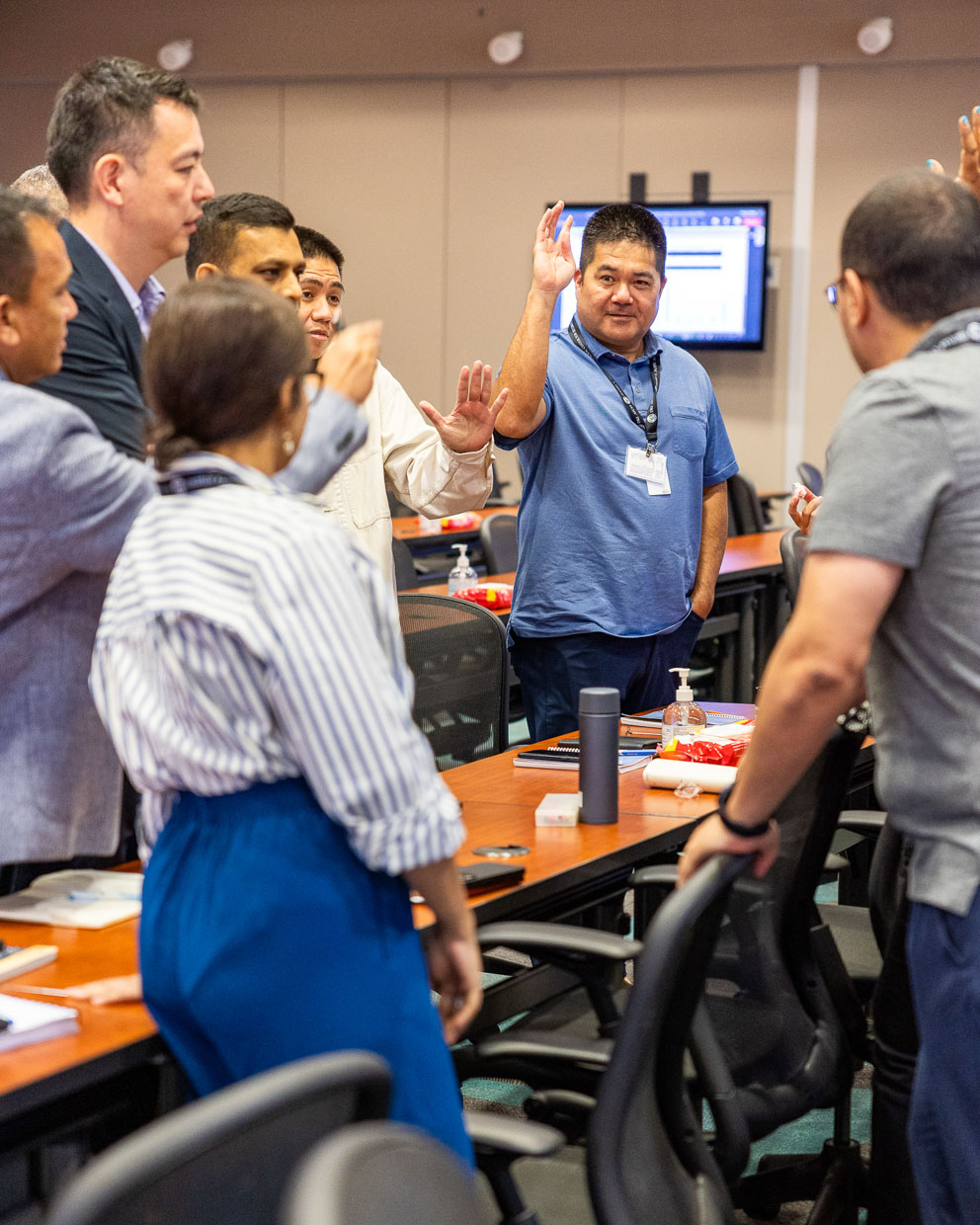
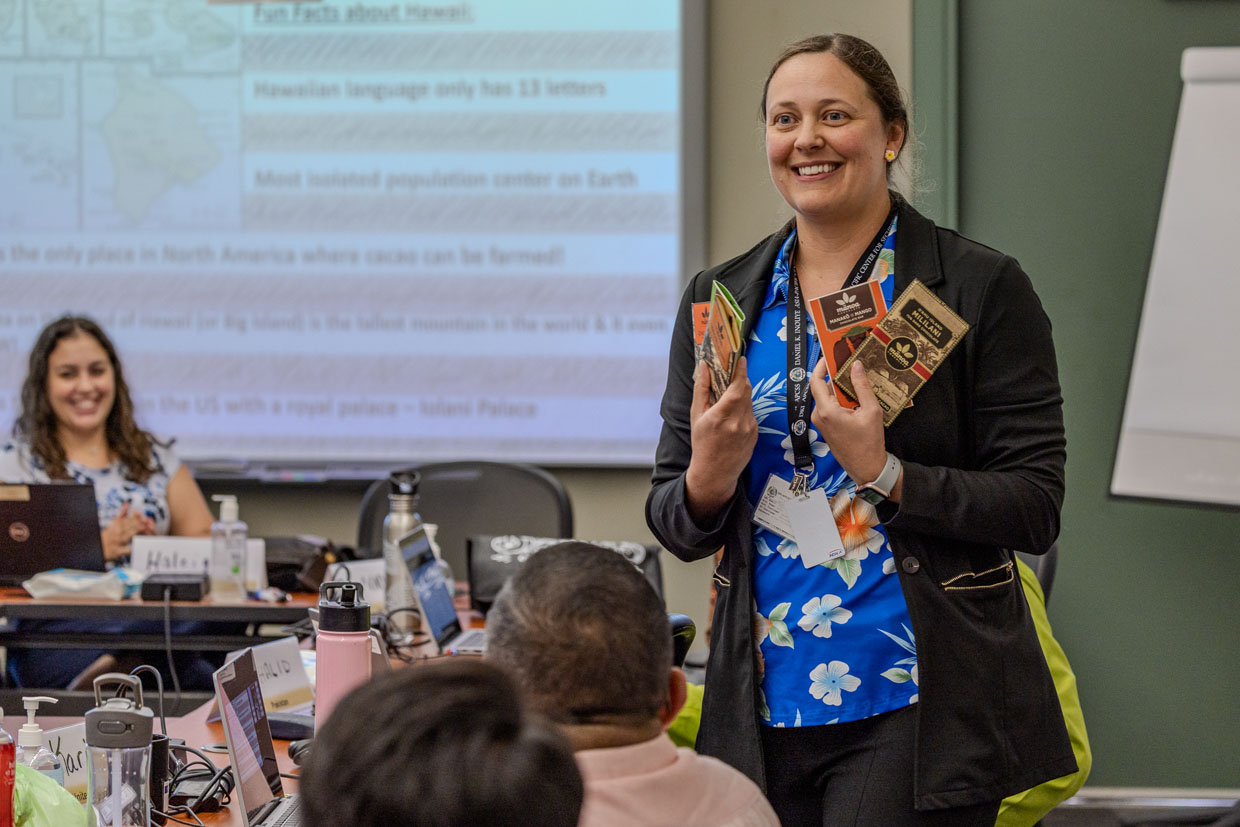
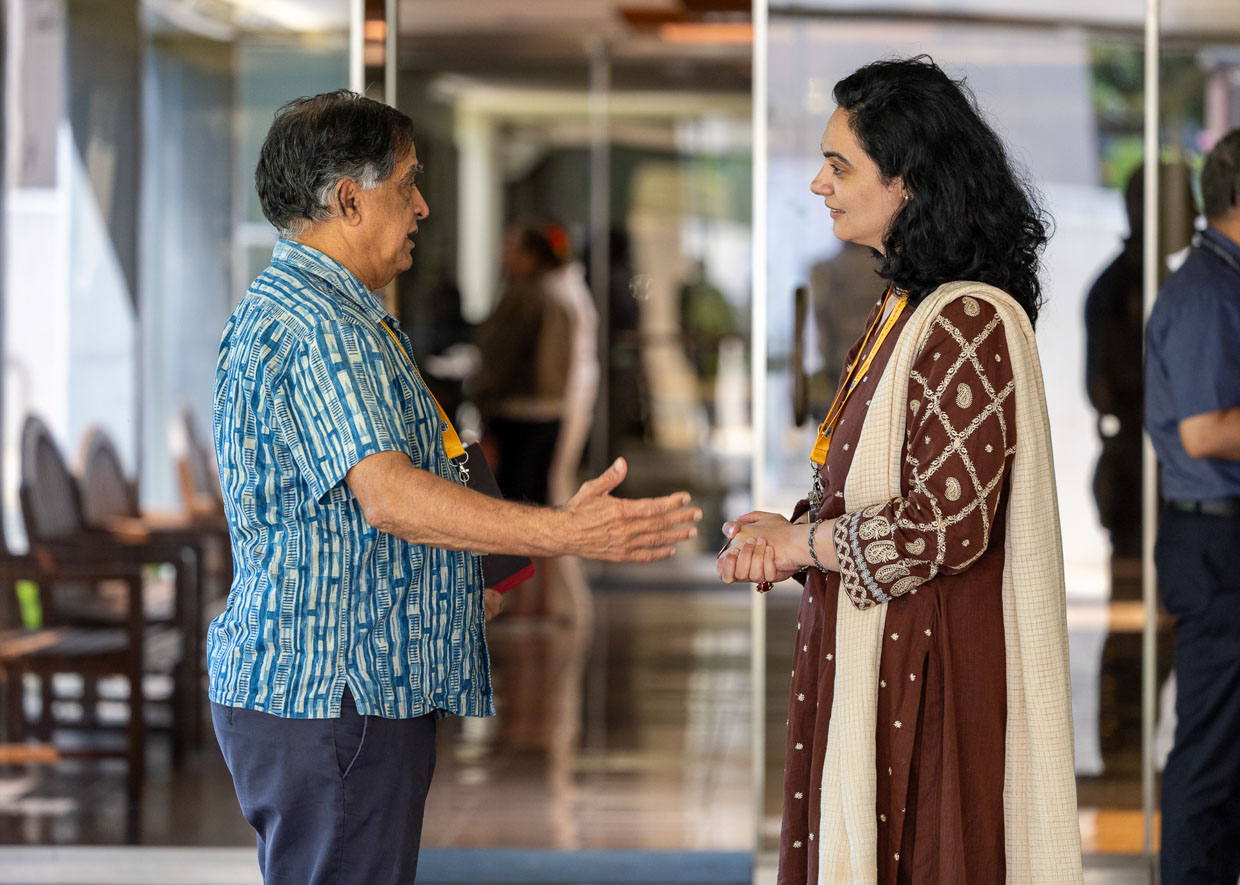
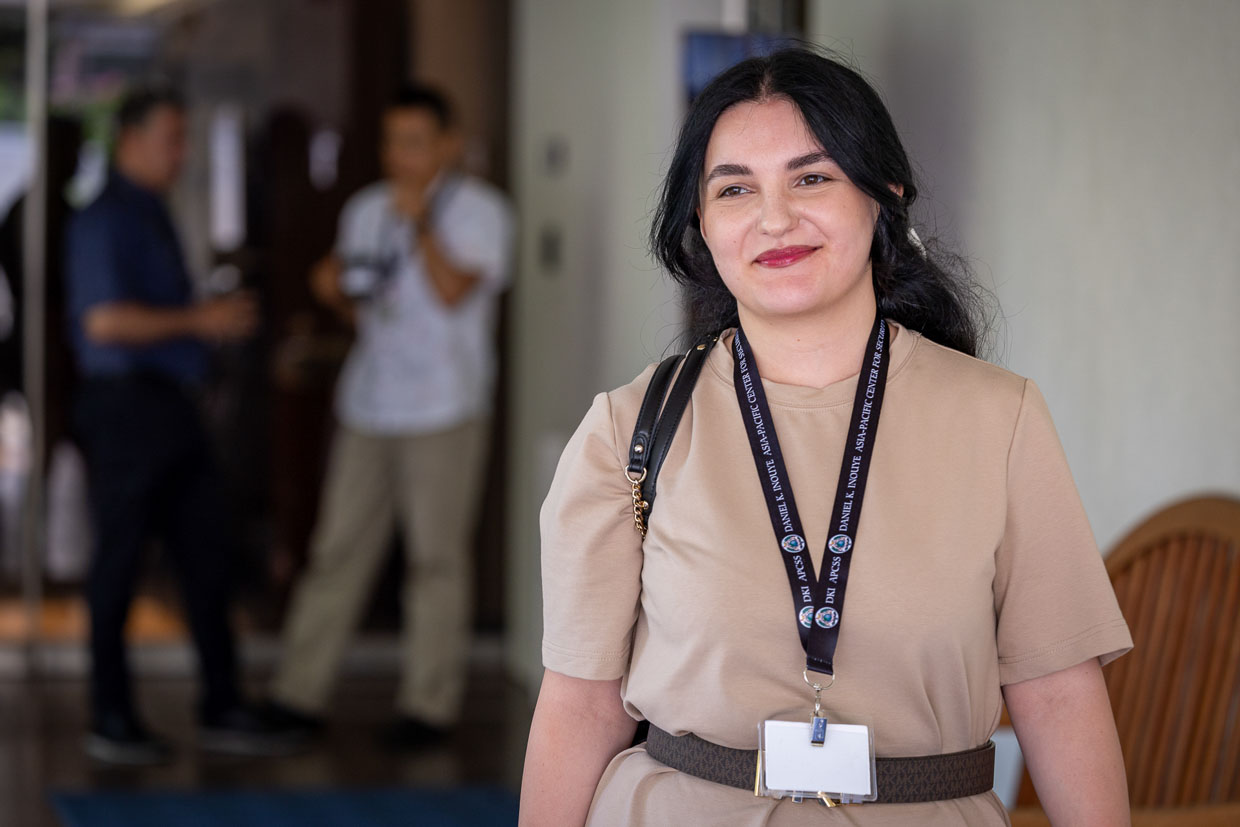
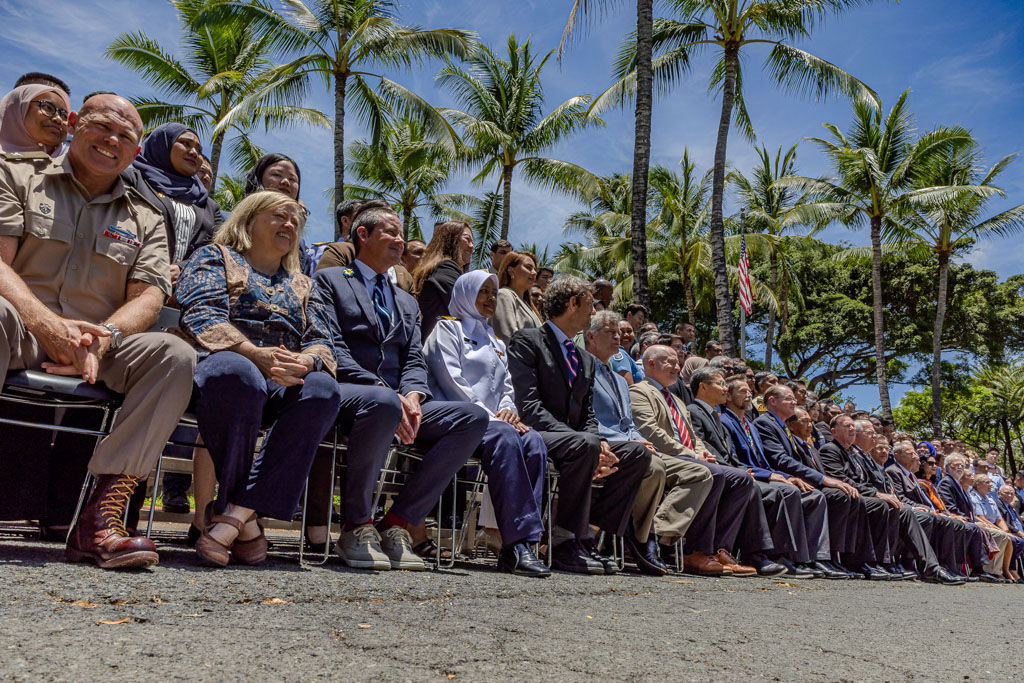
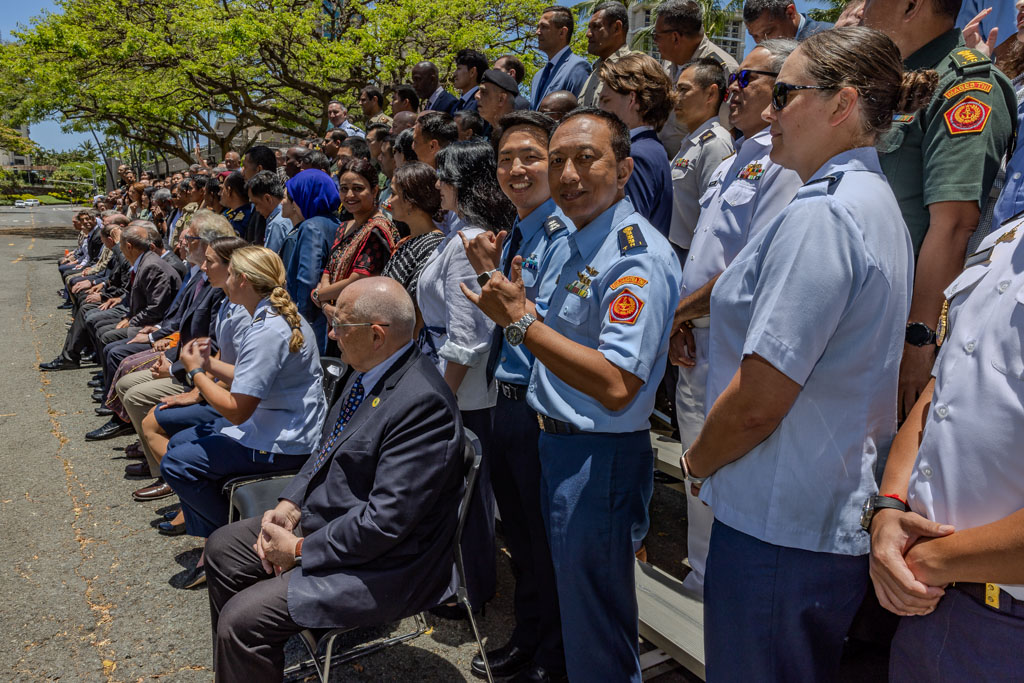
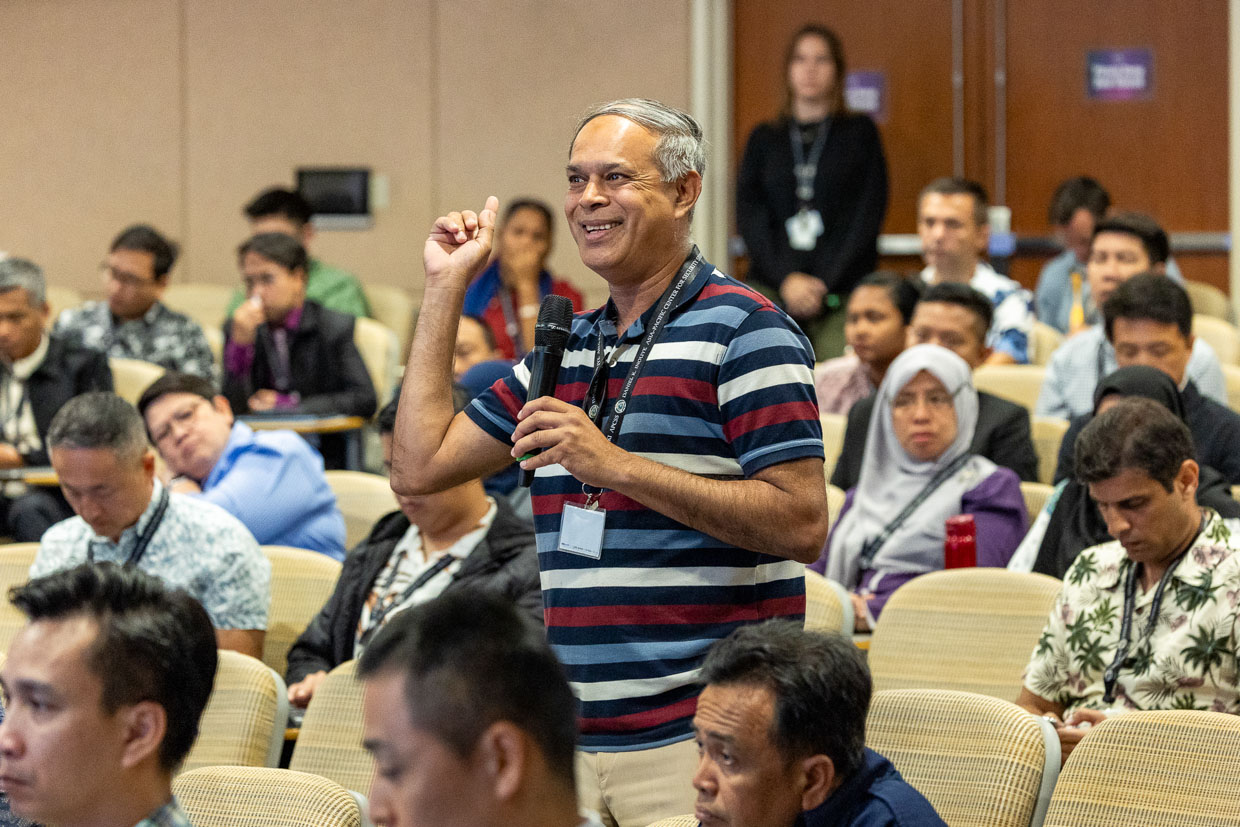
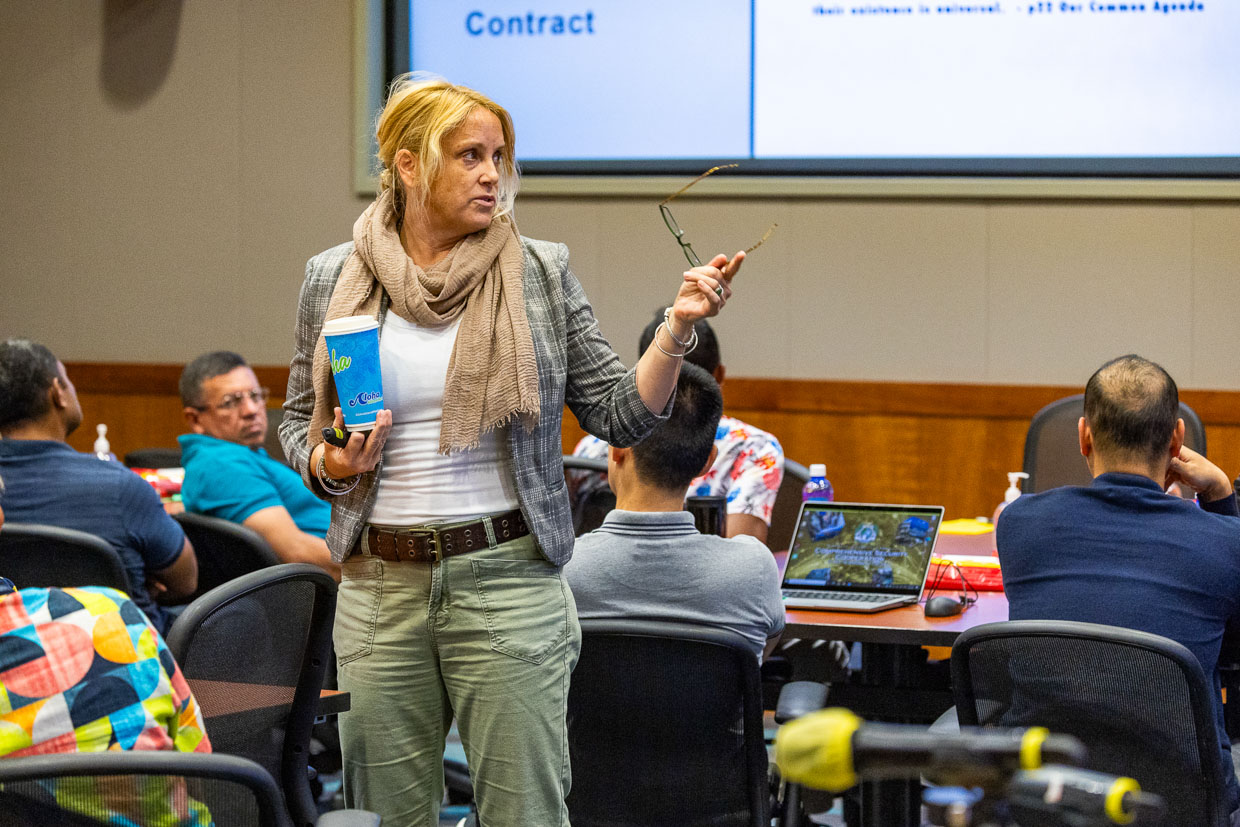
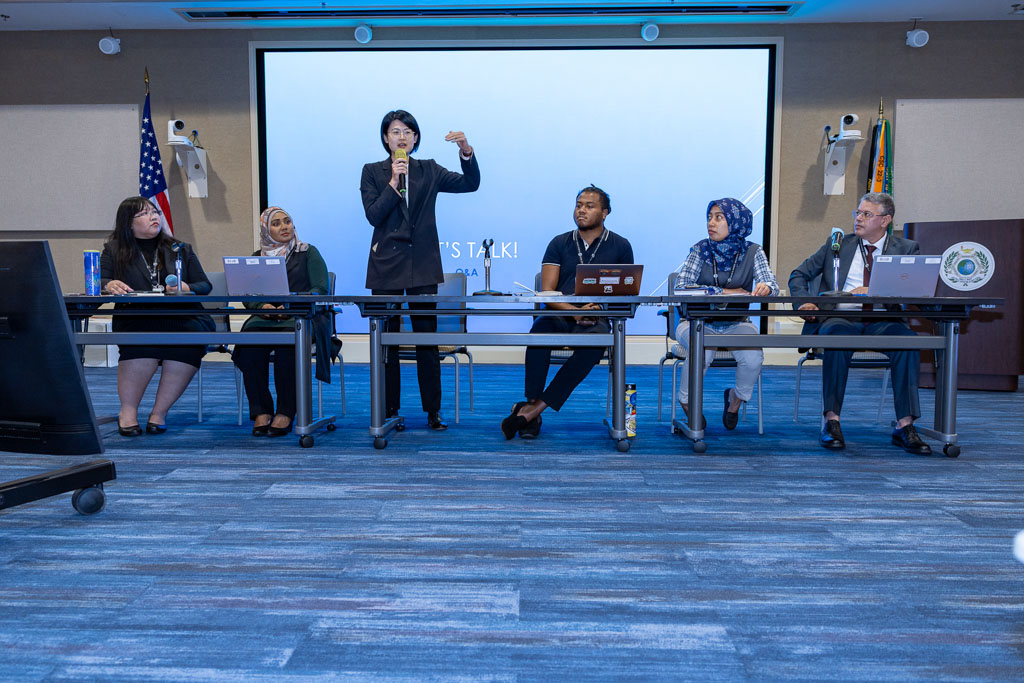
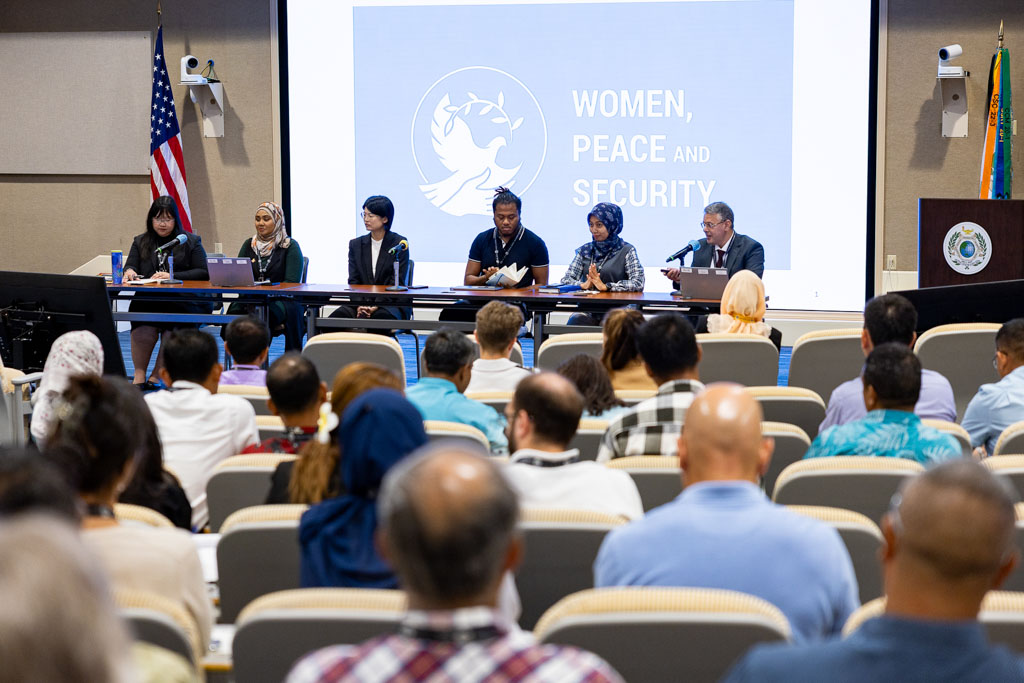
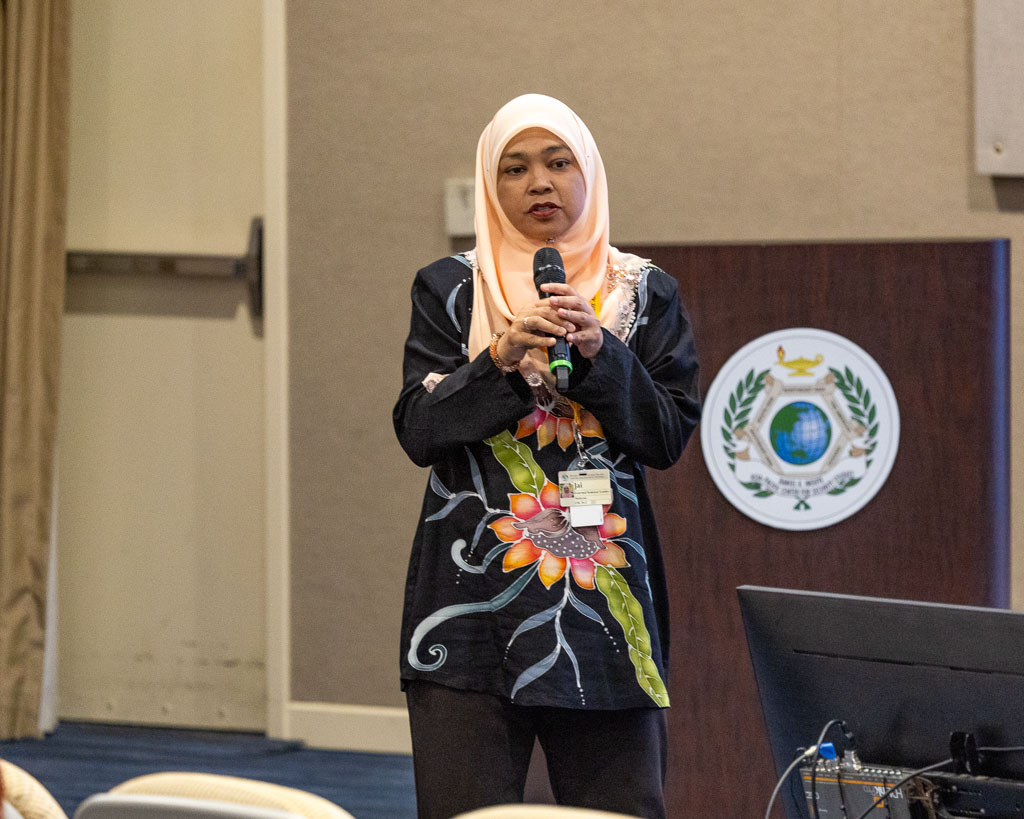
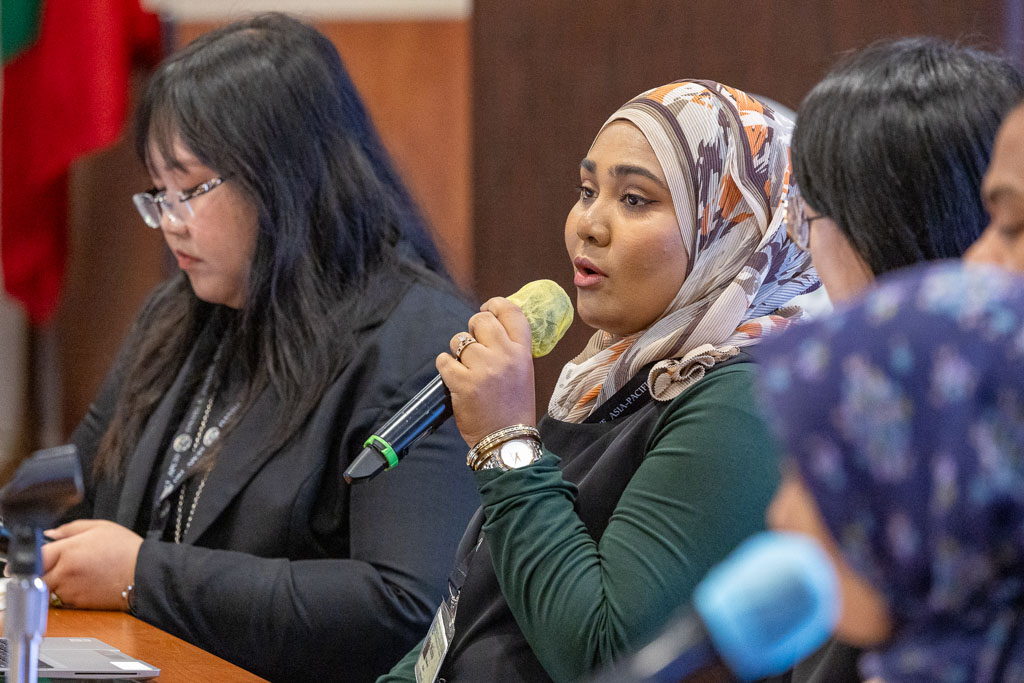
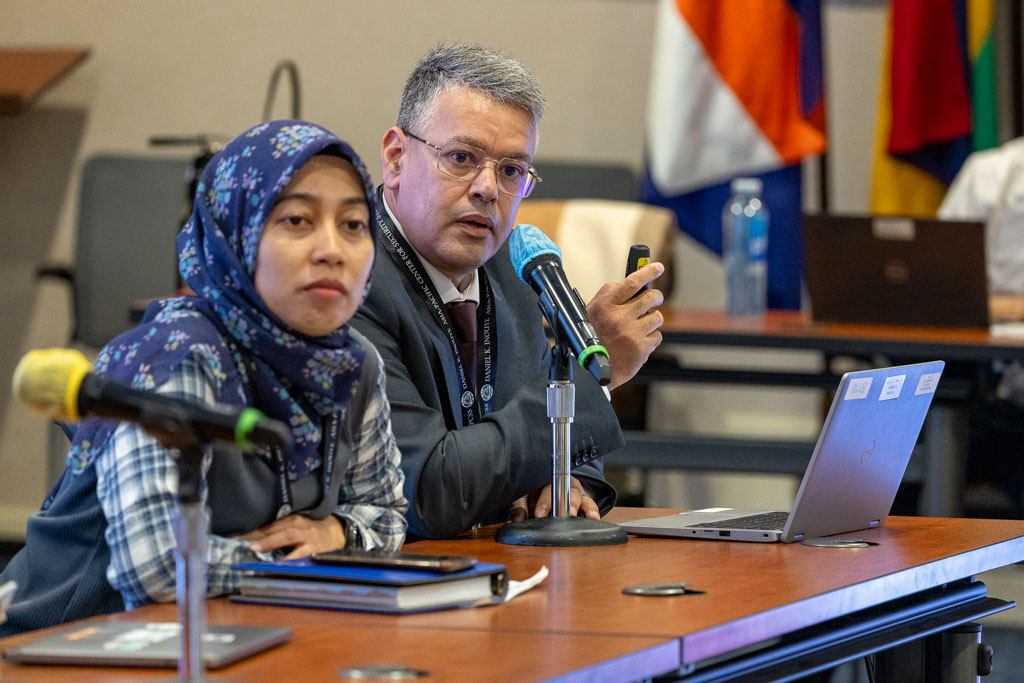
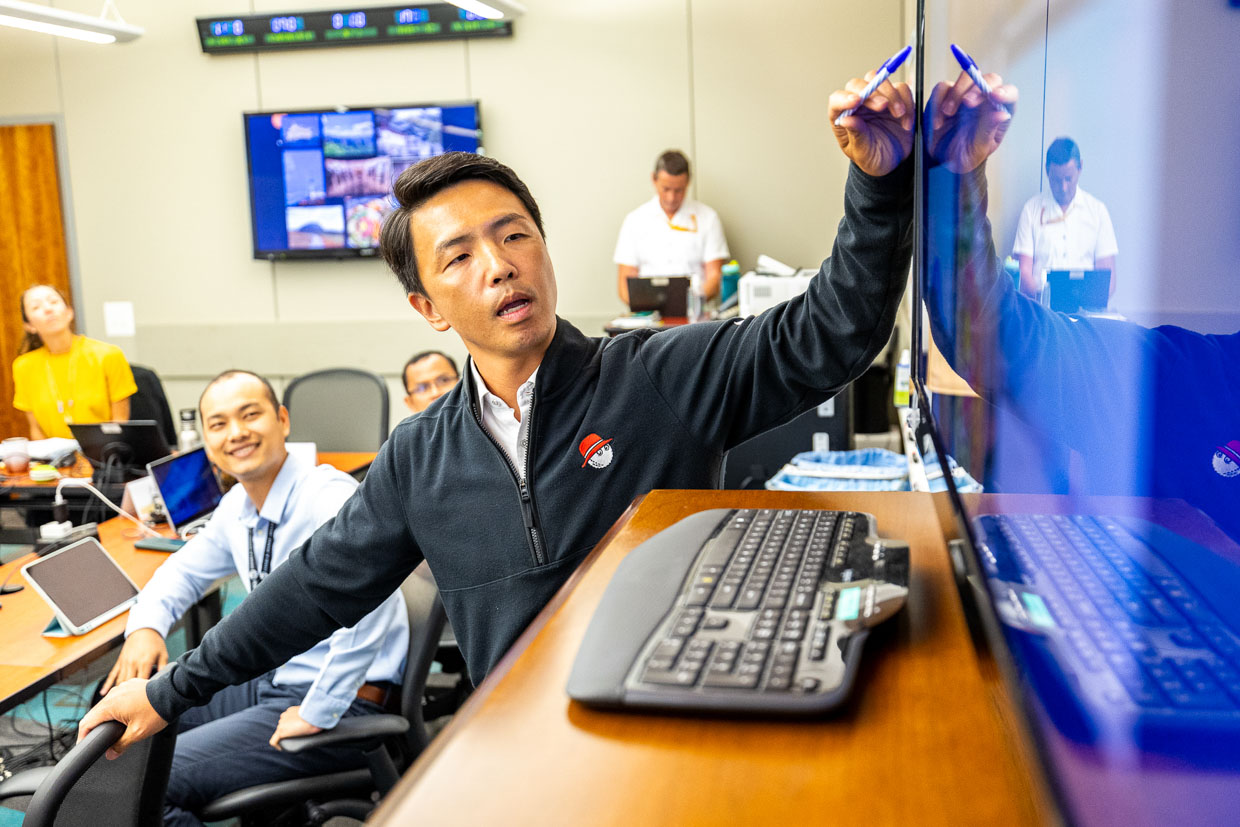
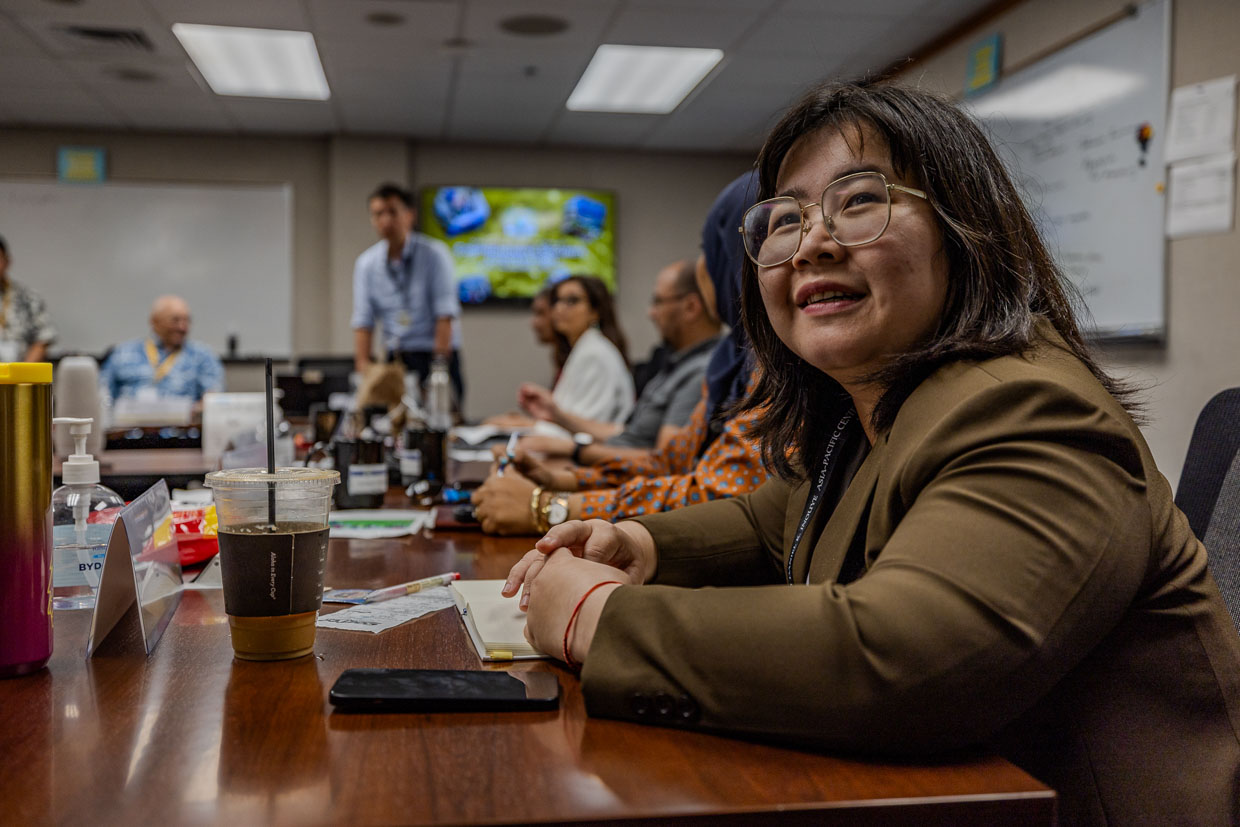

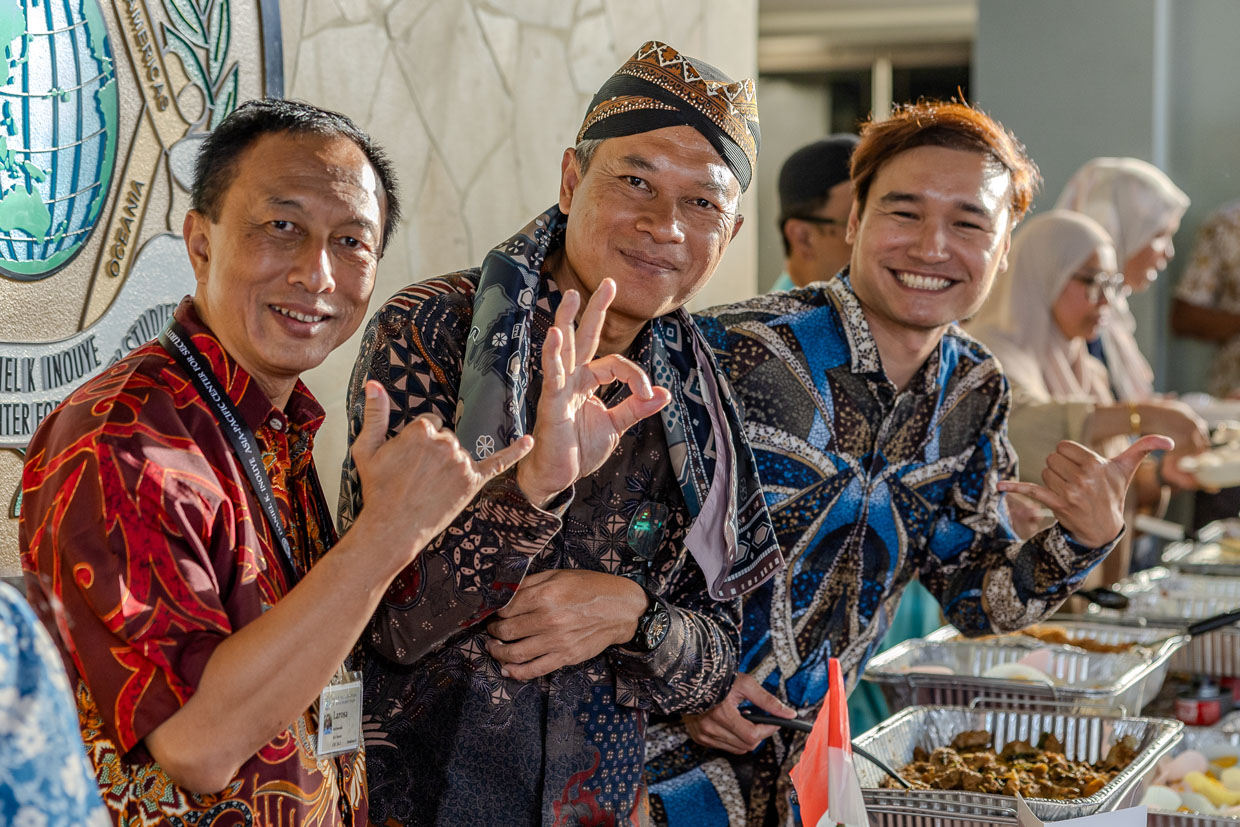
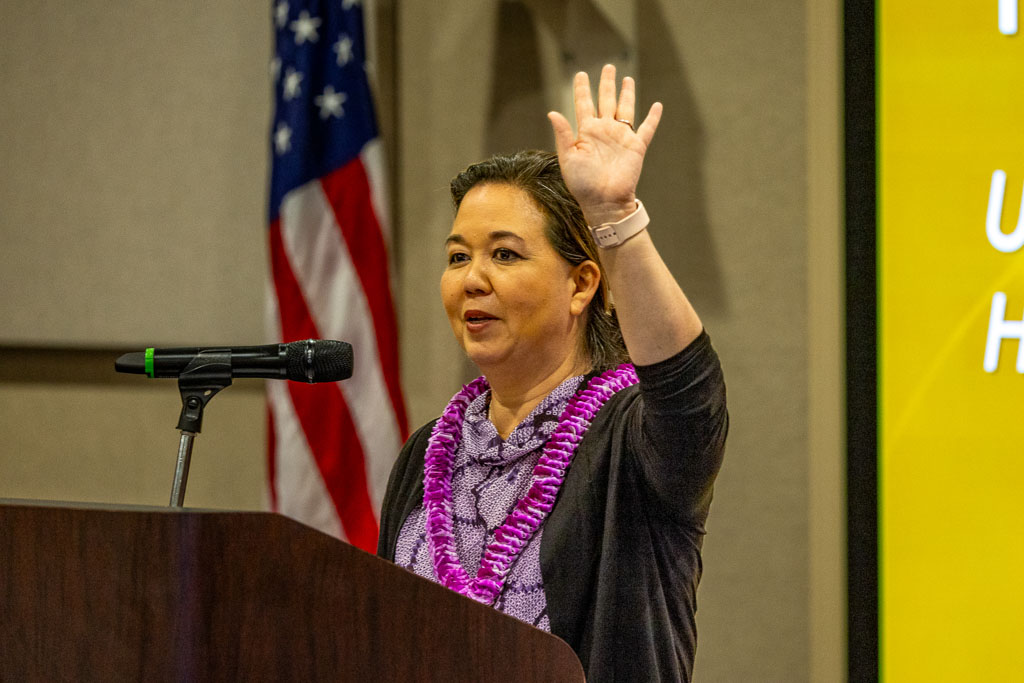
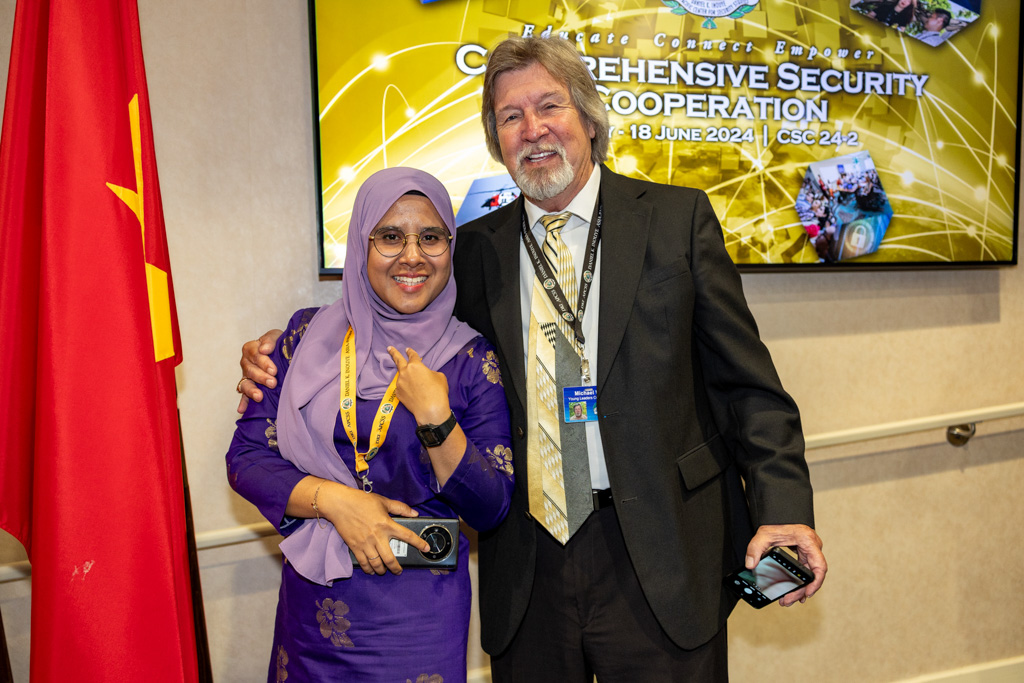
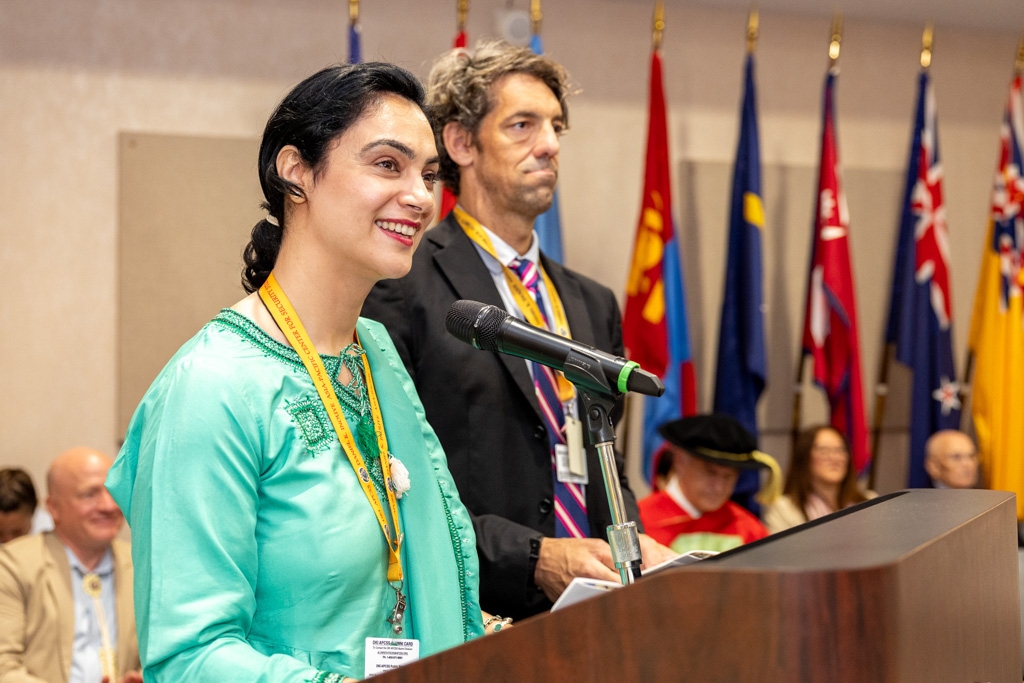
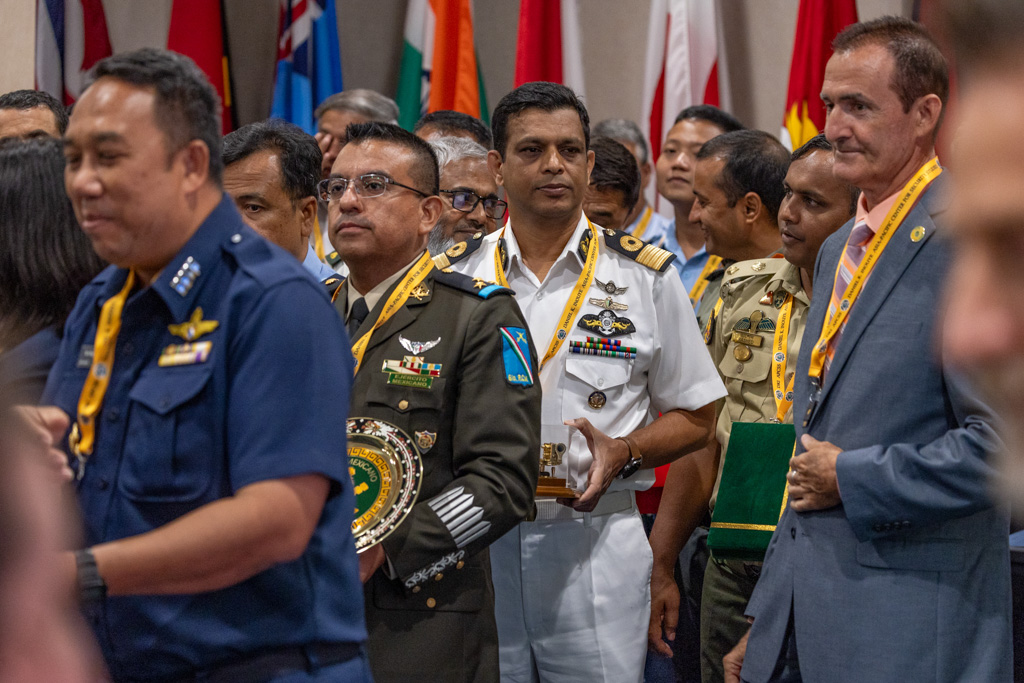
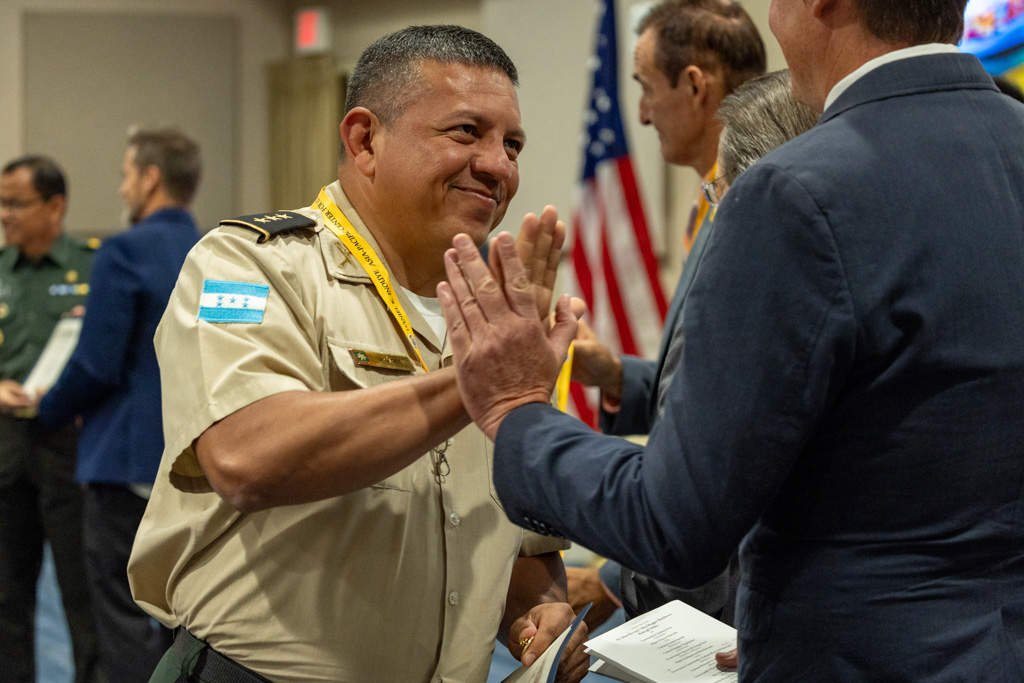
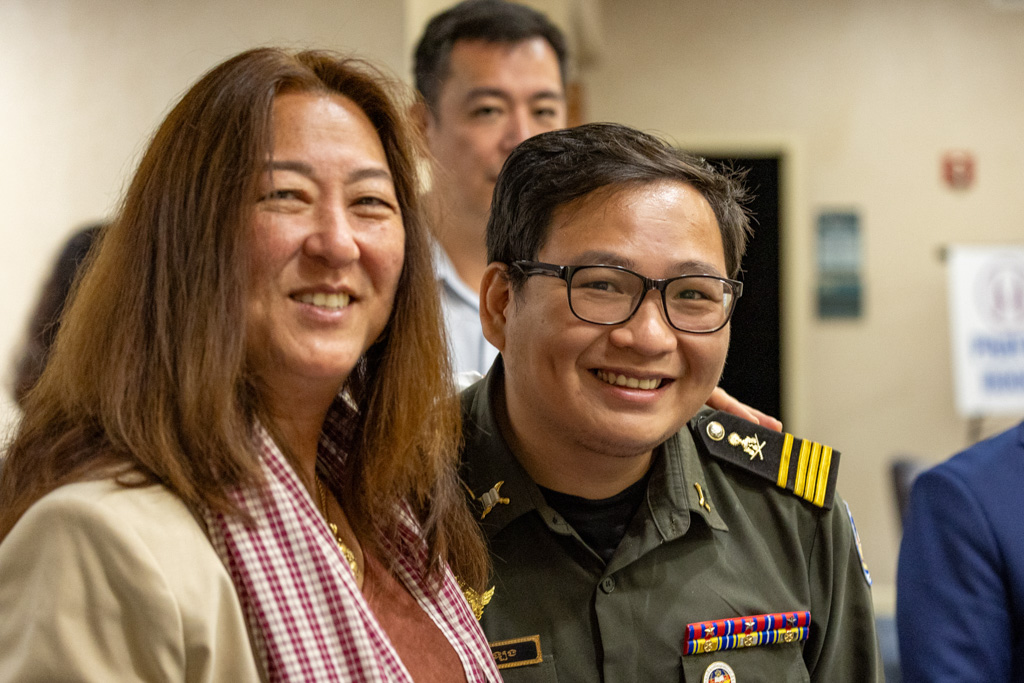
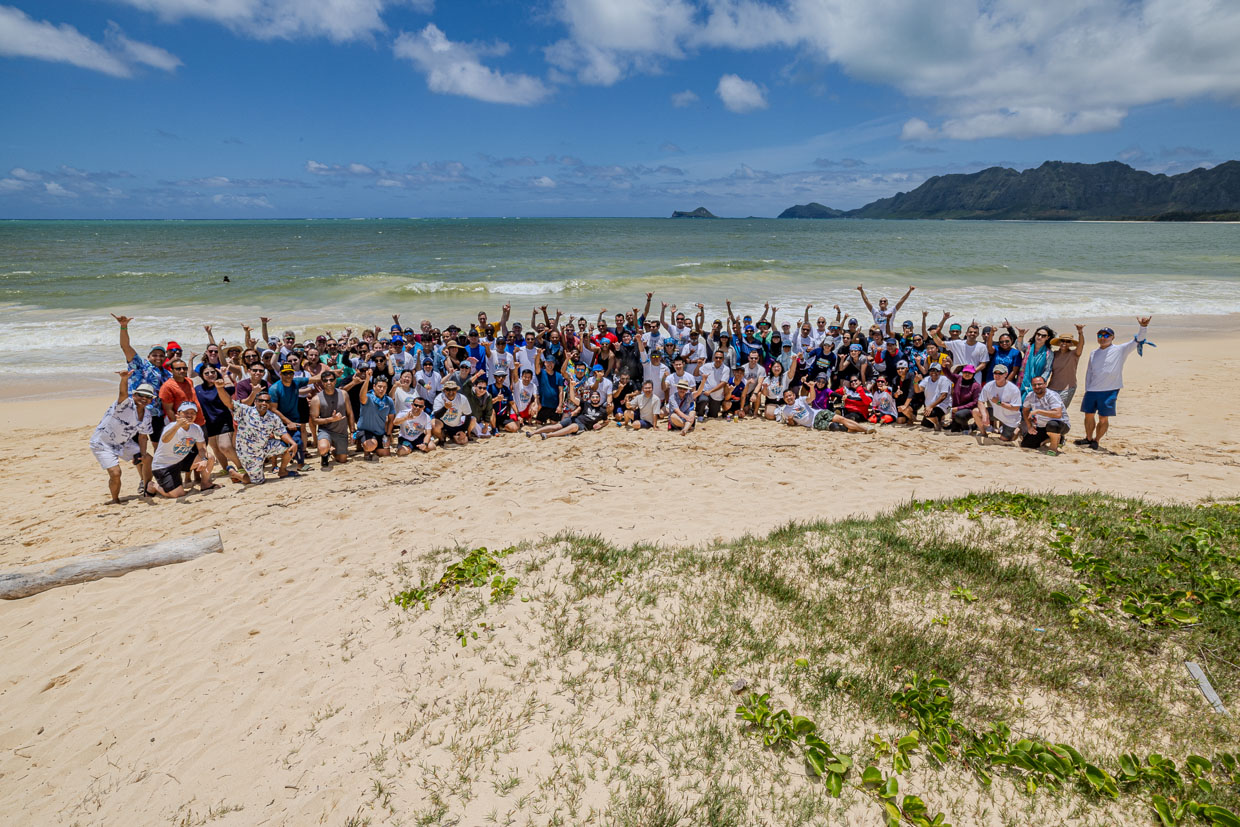
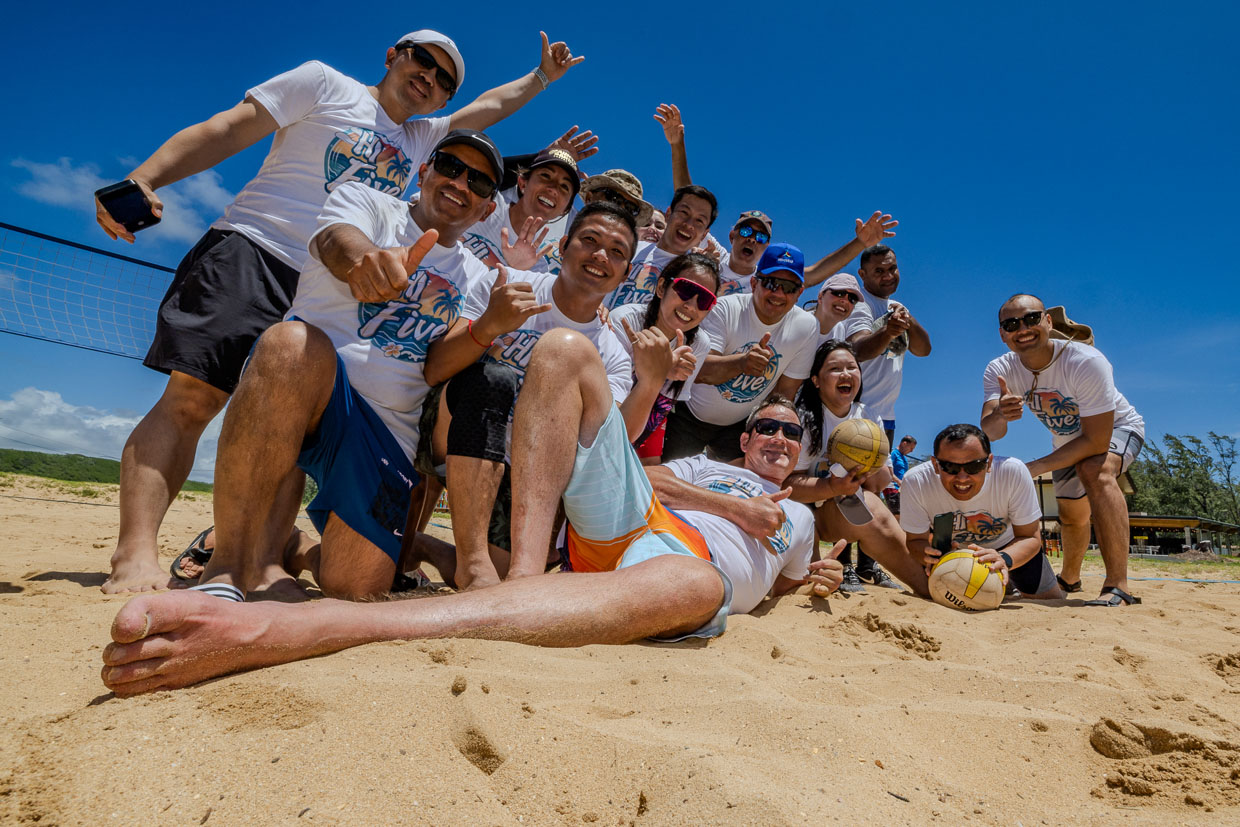
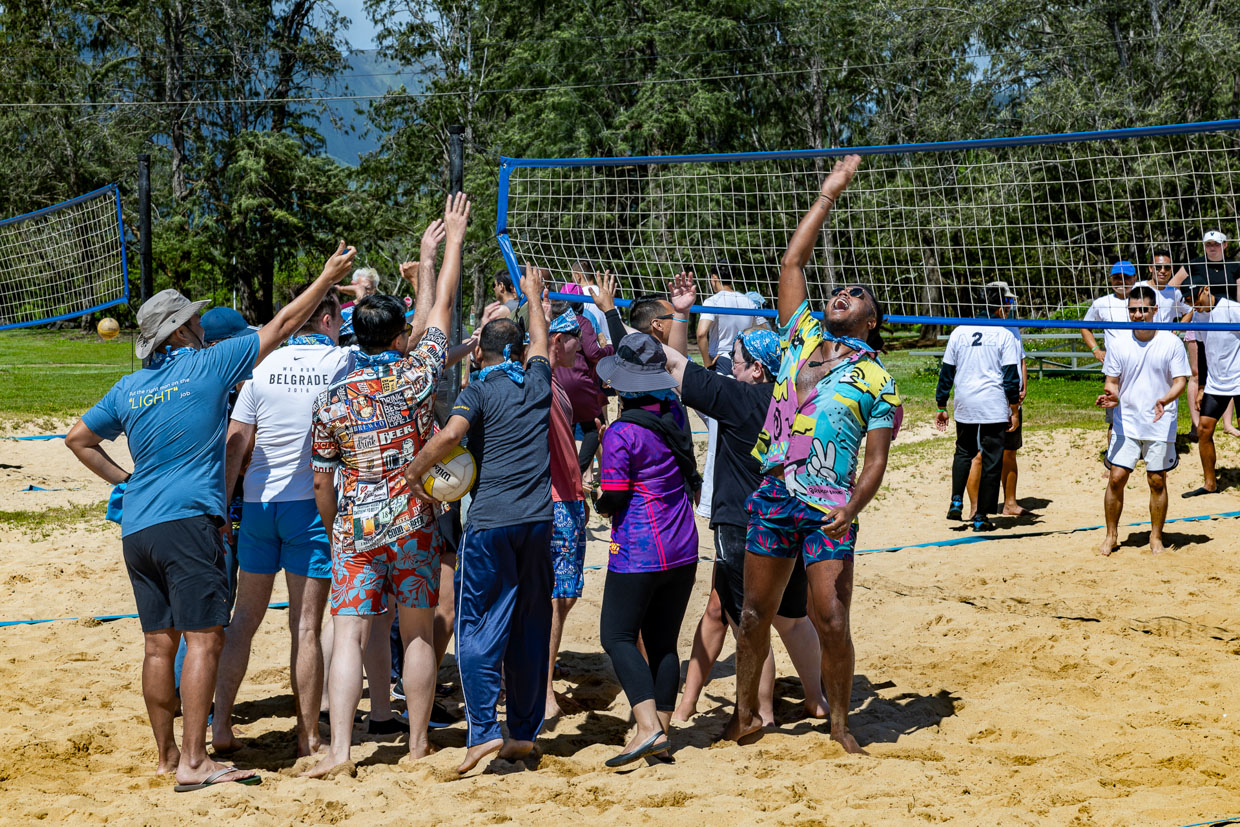

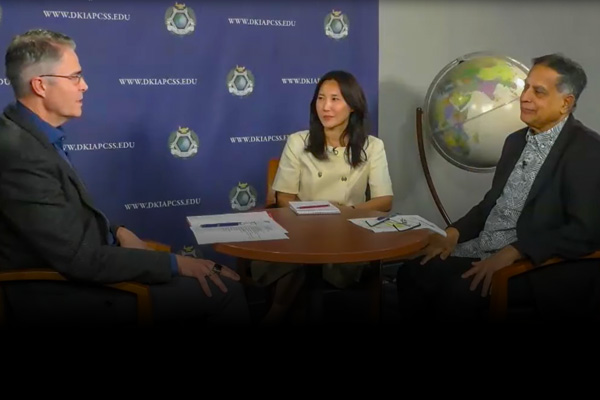
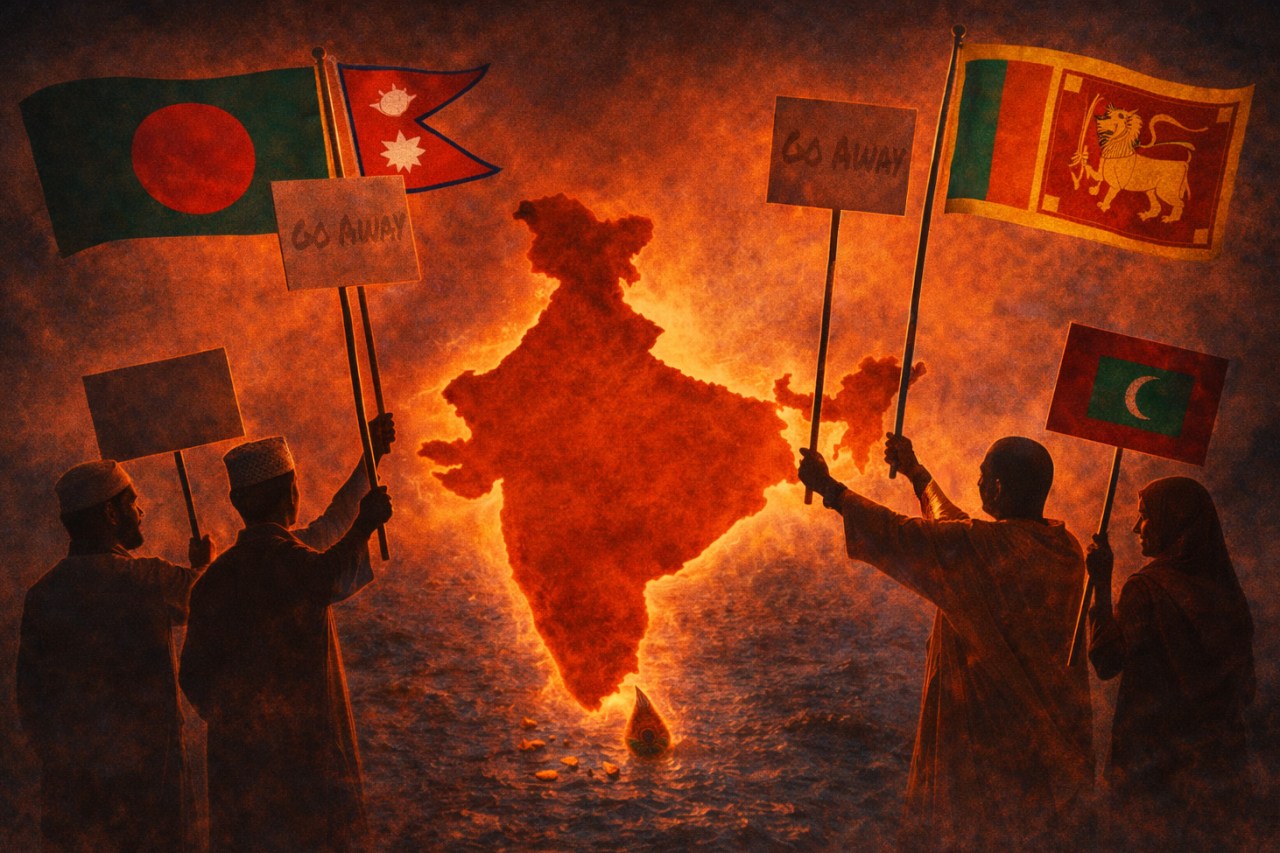




Leave A Comment